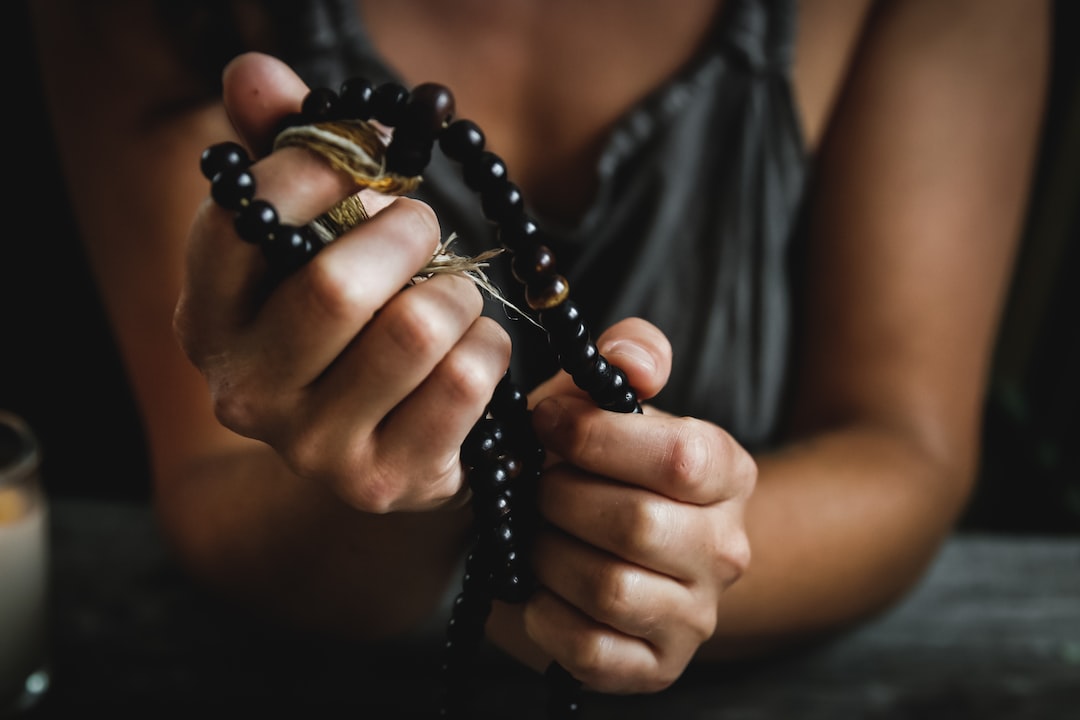Finding Solace and Healing in Religious Communities
In times of distress and hardship, the search for solace and healing becomes a crucial aspect of our lives. While the sources of comfort may differ from person to person, religious communities have long provided a sanctuary for those seeking solace and healing in their lives. In this blog post, we will explore the reasons why religious communities can be vital spaces for finding solace and healing, and how they can positively impact individuals and their overall well-being.
One of the primary reasons why religious communities offer solace and healing is their ability to foster a sense of belonging. In times of adversity, the weight of one’s burden can become overwhelming and isolating. However, religious communities provide a support system where individuals can connect with like-minded people. This shared connection and community help create a safe space for individuals to express their emotions, seek guidance, and garner support from others who may have experienced similar hardships. The feeling of belonging to a larger spiritual family can alleviate feelings of isolation and provide comfort in knowing that one is not alone in their struggles.
Furthermore, religious communities often promote a deep sense of spirituality and faith. Faith provides individuals with a sense of purpose and meaning, which can be particularly valuable during challenging times. Believing in a higher power or a divine plan can help individuals find solace and make sense of their circumstances. This faith can be a source of strength during difficult times, offering a guiding light that can help one navigate through the darkest of paths. It provides a framework for understanding life’s trials and tribulations, and allows individuals to place their trust in a power beyond their own.
Religious communities also serve as platforms for emotional healing and growth. Many religious practices encourage self-reflection, introspection, and forgiveness. Through prayer, meditation, or engaging in rituals, individuals can find solace in connecting with their inner selves and understanding their emotions. These practices offer individuals the opportunity to express their feelings and seek forgiveness for their own mistakes or the wrongs committed against them. This process of emotional healing allows individuals to let go of negative emotions and find a sense of release, leading to personal growth and transformation.
Another important aspect of finding solace and healing in religious communities is the provision of social support. When facing life’s challenges, having a nurturing network of individuals who genuinely care for your well-being can be invaluable. Religious communities often offer various forms of support, including counseling services, support groups, and outreach programs. Within these communities, individuals can find emotional support, practical assistance, and guidance from experienced mentors or religious leaders. These support systems provide a nurturing environment where individuals can share their burdens and receive comfort, advice, and encouragement in return.
The sense of hope and optimism fostered in religious communities is also instrumental in the healing process. Through teachings of resilience, identifying the silver linings, and finding strength in adversity, religious communities empower individuals to face their challenges with courage and determination. Religious teachings often offer inspirational stories of individuals who have overcome immense hardships, reinforcing the belief that healing and solace are attainable. This hope, combined with the support of the community, instills a sense of optimism in individuals, helping them find the strength to persevere and heal.
Lastly, religious communities provide individuals with opportunities for service and giving back to others. Engaging in acts of kindness and serving those in need not only benefits the recipients but also allows individuals to find solace and healing in helping others. When individuals shift their focus from their own suffering to the suffering of others, they often find a renewed sense of purpose and fulfillment. Religious communities often organize charitable events and volunteering opportunities, which not only strengthen bonds within the community but also allow individuals to play an active role in making a positive difference in the world.
In conclusion, finding solace and healing in religious communities can be a transformative experience. These communities offer a sense of belonging, promote spirituality and faith, provide emotional healing, offer social support, instill hope and optimism, and encourage acts of service. Individuals who seek solace and healing in religious communities often find a safe haven where they can truly be themselves, express their emotions, find guidance, and receive unconditional support. It is within these communities that individuals discover that they are not alone in their struggles, and together, they can find the strength to heal and thrive.

